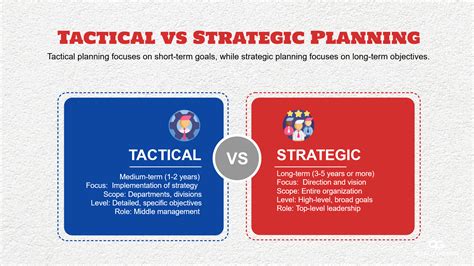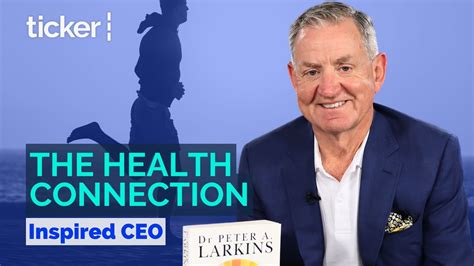
Stop razor burn: How to get a flawless, peak performance shave daily?
Achieve a consistently smooth, irritation-free shave every day by mastering preparation, technique, and post-shave care for peak performance.

Achieve a consistently smooth, irritation-free shave every day by mastering preparation, technique, and post-shave care for peak performance.

This article explores effective strategies and workout structures to maximize gym time, simultaneously building muscle and accelerating fat loss for optimal body recomposition.

Discover specific dietary strategies, including essential nutrients and foods to prioritize or avoid, that can naturally enhance male vitality and boost testosterone levels for improved overall health.

Mastering progressive overload through strategic increases in weight, reps, sets, and mindful recovery is essential for men aiming to consistently break through strength plateaus and achieve new levels of muscular development.

Achieve a consistently smooth, irritation-free shave by mastering proper preparation, technique, and post-shave care to prevent razor burn and ingrown hairs.

Discover the most effective compound lifts that maximize your gym time, building peak strength and an impressive physique for men.

Discover how a carefully curated selection of minimalist Every Day Carry (EDC) items can significantly enhance your daily efficiency, readiness, and overall peace of mind.

Achieving a perfectly smooth, irritation-free shave that projects a professional image requires mastering specific techniques and utilizing the right products.

Discover essential recovery strategies encompassing sleep, nutrition, hydration, and active rest to enhance daily performance, prevent injuries, and accelerate fitness progress.

Discover the most effective workout splits designed for busy men to maximize strength and achieve significant muscle definition without sacrificing valuable time.